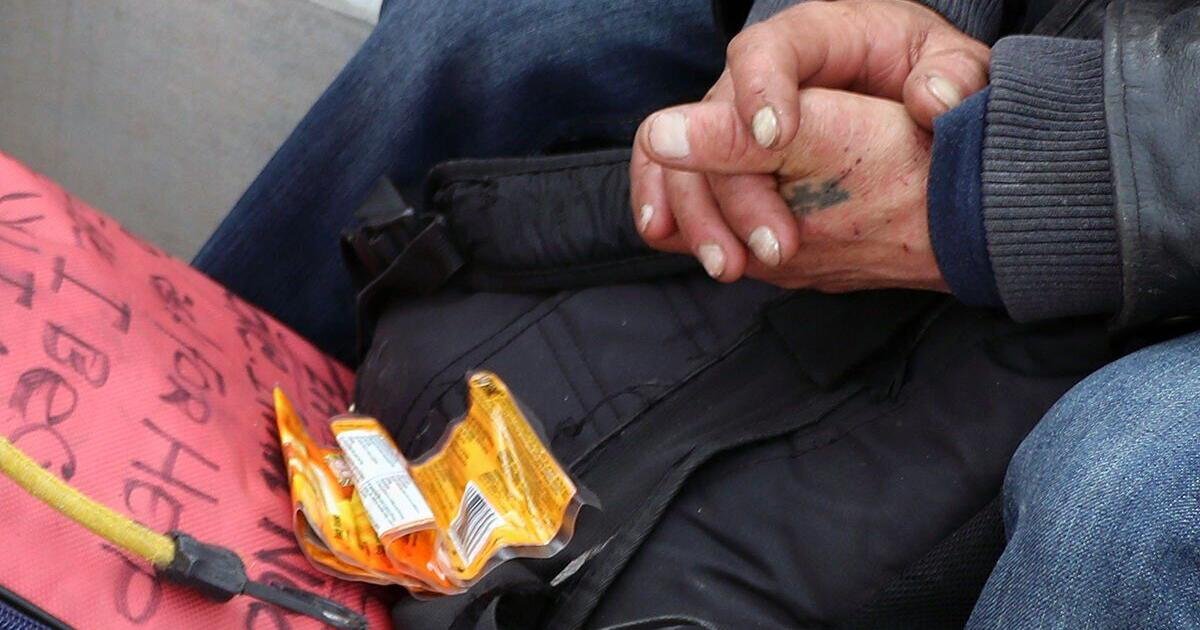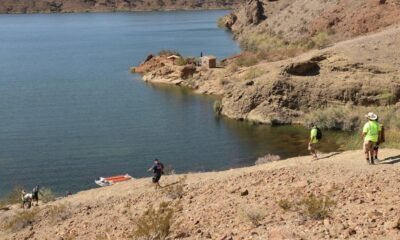Politics
Bullhead City Council Considers New Camping Ordinances to Tackle Homelessness in Parks

BULLHEAD CITY — During a workshop on Tuesday, the Bullhead City Council explored potential modifications to municipal codes aimed at controlling “undesirable” activities in the city’s public parks. The session was a blend of legal, historical, and civic discussions, highlighting the city’s authority to revise regulations concerning camping, particularly in relation to the homeless population.
With homelessness presenting challenges across the nation, Bullhead City has wrestled with how best to respond. Despite resources like the Legacy Foundation Christine Stamper Center for Help & Hope, operated by Catholic Charities, visible homelessness persists, especially in areas such as Community Park and local deserts.
City Attorney Garn Emery explained that a recent Supreme Court ruling reinstated some authority for municipalities to prescribe specific regulations. He referenced a significant case from Grants Pass, Oregon, which overturned certain aspects of an earlier 9th Circuit ruling regarding Boise, Idaho. “If we can define conduct that’s contrary to public policy, we can enforce against it,” Emery stated.
The Supreme Court clarified that while homelessness itself cannot be criminalized, regulating conduct associated with it can be permissible. “The key is to identify undesirable conduct, not the individual’s homeless status,” Emery emphasized.
The City Manager, Toby Cotter, described the workshop as an initial conversation for policymakers to understand the increased authority granted to cities. Most of the dialogue revolved around public camping, which is already prohibited during park closure hours.
Emery noted that “public parks” extend beyond city-managed areas to include land governed by the U.S. Bureau of Land Management and the State of Arizona. Current ordinances enforce park hours, allowing law enforcement to address illegal camping after hours.
To further strengthen regulations, Emery proposed defining “camping” as a prohibited activity throughout city parks, categorizing violations as a Class 2 misdemeanor. This aligns with the premise established by the Supreme Court ruling, which permits penalizing conduct identified as contrary to public policy.
In a draft ordinance, “camping” is characterized by activities such as setting up bedding or maintaining a campsite. “This is not a final document, but a framework to spur discussion,” Emery remarked.
City leadership expressed a clear stance against allowing homeless individuals to reside in city parks. Mayor Steve D’Amico urged differentiation between “true homelessness” and transients, suggesting the need for strict enforcement against those violating regulations.
Police Chief Robert Trebes confirmed his department’s commitment to compassionate outreach prior to enforcement efforts. “We always try to offer assistance first, even before the laws are enforced,” he noted, highlighting that many in need often decline help.
Council Member Tami Ring insisted on the necessity for strict rules, while Rich Lettman advocated for innovative approaches, referencing potential collaboration with the Fort Mojave Indian Tribe for insight into managing the situation.
The council ultimately directed Cotter and Emery to explore additional ideas for enforcement and regulation in future discussions, indicating a proactive approach to addressing homelessness in Bullhead City.


















